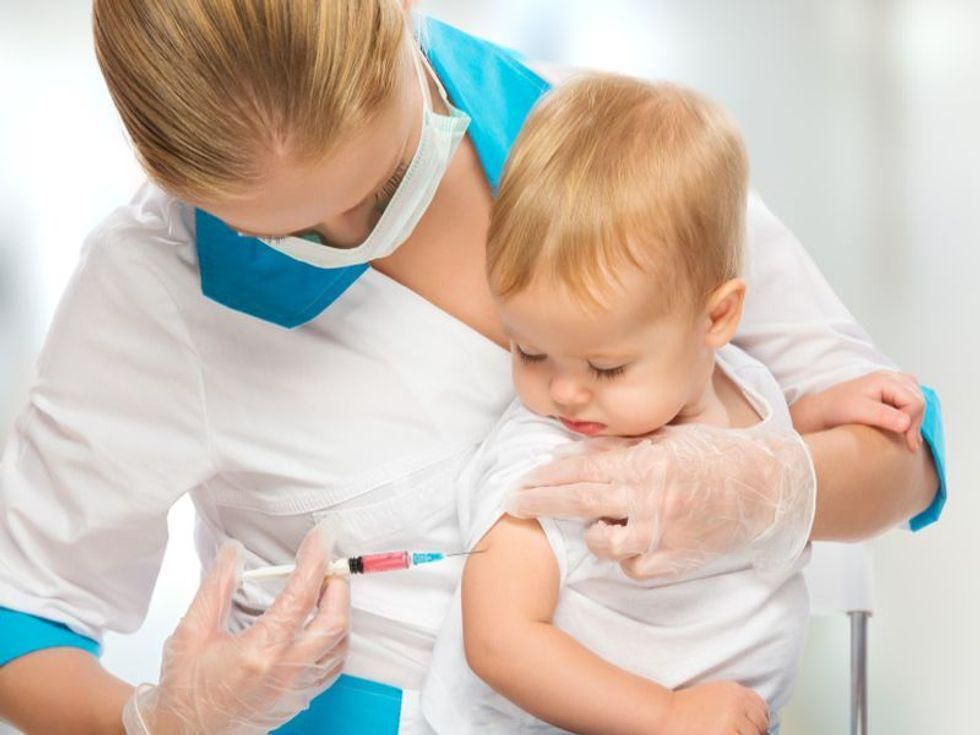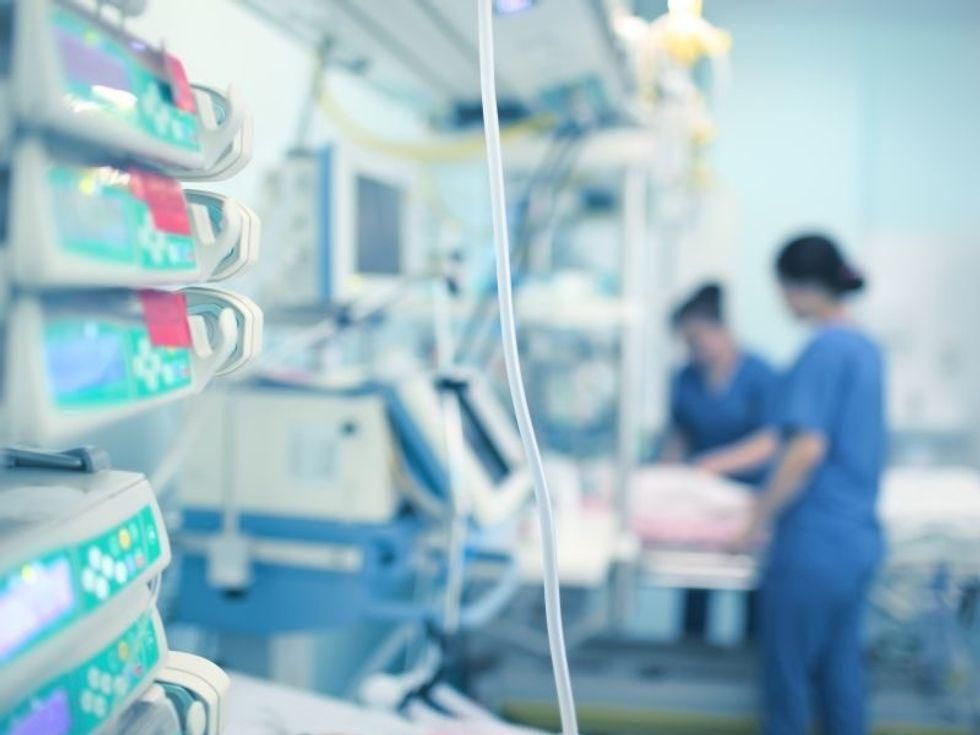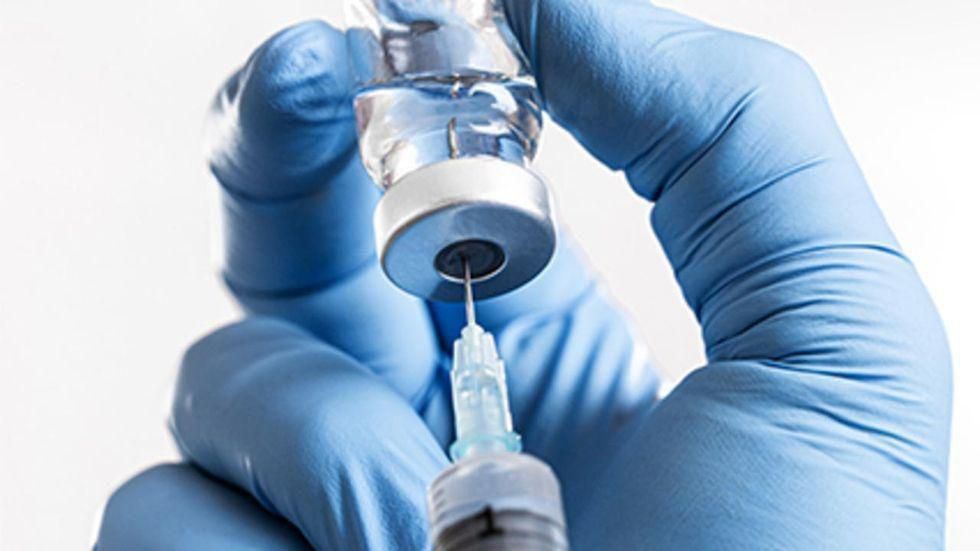
Children and teenagers vaccinated against the mumps virus have accounted for one-third of infections in recent years, a new U.S. government study finds. The reasons are unclear, and experts stressed that routine childhood vaccination remains the best weapon against mumps — a contagious infection that is usually mild, but can cause serious complications. After the… read on > read on >

















